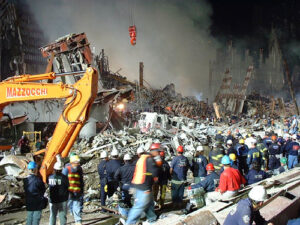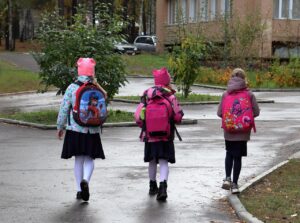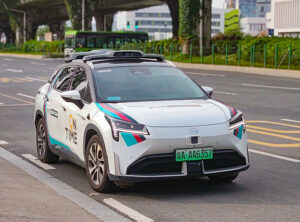A fleet of air quality monitoring vehicles took to the streets of California yesterday, marking the start of a year long pilot to collect hyper-local air quality data across 64 communities heavily burdened by pollution.
Sensor-equipped vehicles operated by Aclima will cover around 950,000 miles collecting block-by-block air quality data as part of the California Air Resources Board (CARB) mission to identify inequalities in exposure to air pollution.
Known as the Statewide Mobile Monitoring Initiative (SMMI), this first-of-its-kind program will reach 5.2 million residents, with a promise to delivering between 50 and 100 times more data per dollar.
The Aclima vehicles used in the programme ( low-emission, naturally) feature air sensing technology to monitor pollution levels while driving on public streets.
The drivers have been drawn from the communities being monitored, which has created around 100 local jobs across the state. The cars will be deployed from 17 hubs across the state (5 North Hubs, 4 Central Hubs, 8 South Hubs) and will be complemented by mobile laboratories operated by researchers from the University of California, Berkeley, University of California, Riverside, and Aerodyne.
The SMMI is funded by California Climate Investments, who use billions of dollars from the Cap-and-Trade programme ratified under Governor Schwarzenegger to fund projects aimed at reducing greenhouse gas emissions and enhancing public health and the environment, particularly in disadvantaged communities.
Current Governor, Gavin Newsom, said of the SMMI: ‘While the federal government threatens to take us back to the days of smoggy skies and clogged lungs, California continues to lead the way. We’re deploying first-of-their-kind vehicles to monitor pollution levels at a block-by-block level, delivering critical air quality information to communities across the state.’
Davida Herzl, CEO and co-founder of Aclima said: ‘This is California doing what we do best – leading. Innovating. Reimagining the role of technology in public service. Because “what gets measured, gets managed.”’
‘With SMMI, we are measuring more than ever before – in communities that have waited long enough and are not only finally being seen, they’re being heard, engaged, and helping lead the way. This is not a top-down program. It’s an unprecedented partnership among government, business, and research institutions.’
Monitoring routes and schedules have been established following consultation with local organisations and community groups. More than 40 such groups across the state have been talking to CARB about their local air quality concerns.
The project is expected to end in June 2026, when the collected data will become publicly available, along with visualization tools designed to make it easy to understand.
The results of the project – which is expected to end in June 2026 – will be widely shared, with the data used to address existing and emerging pollution concerns.
Miguel Alatorre Jr., Executive Director of UNIDOS Network in Kettleman City is excited about how the community he represents can benefit: ‘Being part of this project has been transformational. For the first time, residents were not only consulted, we were centered. Because of this experience, our community members are energised about the role they can play in citizen science. They’re already thinking about how the data we’ve gathered can support future grant applications, infrastructure investments, and decisions that impact our health and environment..
Similarly, Niles Foundation Executive Director Shante Walker. said: ‘We deserve a seat at the table when decisions are made about our communities. That’s why we’re proud to be part of the Statewide Mobile Monitoring Initiative. This project brings real-time air quality monitoring to our communities and gives us data we can use to demand accountability and advocate for change.’


















Leave a Reply